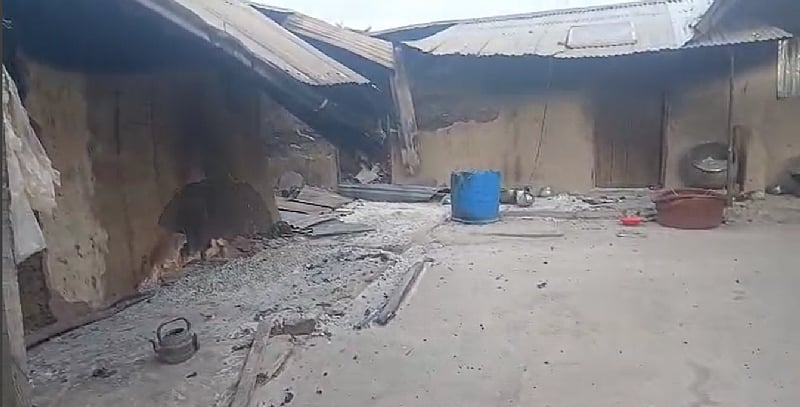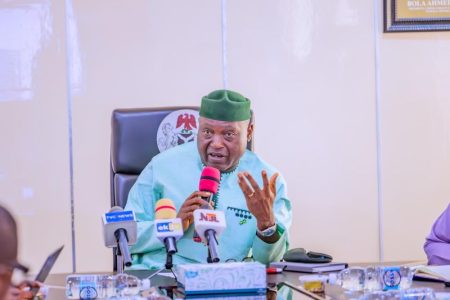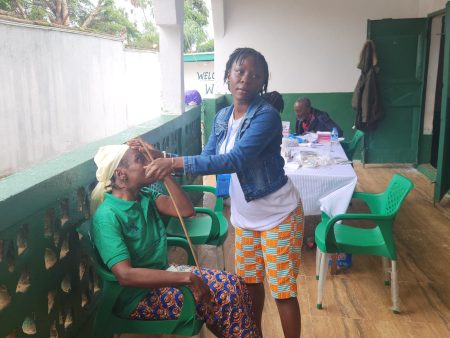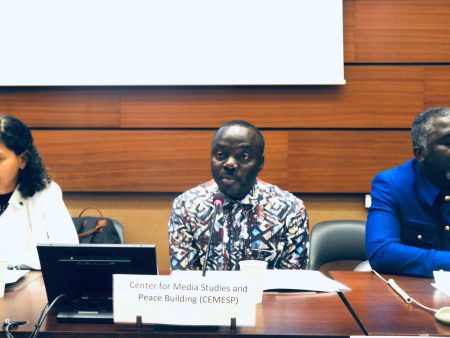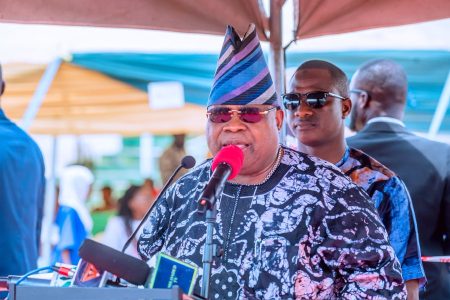The tranquil farming community of Gbiniyiri in Ghana’s Sawla-Tuna-Kalba District has been shattered by a violent land dispute, culminating in the arson of the Chief’s Palace and the tragic loss of six lives. The conflict, sparked by the alleged sale of a contested piece of land by the chief to a private developer, escalated dramatically on Sunday, August 24th, erupting into open clashes between opposing factions. The ensuing violence left five individuals dead at the scene, with another succumbing to injuries the following morning. The death toll continues to cast a grim shadow over the community, leaving residents fearful and uncertain of their future. The destruction of the Chief’s Palace, a central symbol of authority and tradition, marks a significant escalation in the conflict and raises concerns about the potential for further unrest.
Beyond the immediate fatalities, the violence has left a trail of destruction and displacement. Eighteen individuals suffered severe injuries, ranging from gunshot wounds to machete attacks, with many battling for their lives in critical condition. The widespread fear and insecurity have forced hundreds of residents, particularly women and children, to abandon their homes and seek refuge in neighboring villages or further afield. This sudden displacement has created a humanitarian crisis, with families separated and basic needs unmet. The destruction of property, including numerous homes torched in the rampage, adds another layer of hardship to the already dire situation. The financial losses incurred by the community, estimated to be worth thousands of cedis, compound the suffering and create further instability.
The land dispute at the heart of the conflict underscores complex issues of land ownership, traditional authority, and development pressures in the region. The alleged sale of the land by the chief has ignited deep-seated grievances and resentment, fracturing community relationships and fueling the cycle of violence. The lack of clear land ownership documentation and traditional land tenure systems often contribute to such disputes, making it difficult to resolve competing claims peacefully. The involvement of a private developer adds another layer of complexity, raising questions about the transparency and accountability of land transactions and the potential for exploitation of local communities.
The response from security forces has been swift, with a joint police-military task force deployed to restore order and prevent further bloodshed. However, the dispersed nature of the settlements in the area has created logistical challenges for containment efforts, making it difficult to secure the affected areas effectively. The District Security Council, in collaboration with the regional command, has intensified patrols and initiated dialogue with traditional leaders in an attempt to de-escalate tensions and promote peaceful resolution. The success of these efforts will hinge on building trust within the community and addressing the underlying grievances that have fueled the conflict.
The authorities have issued urgent appeals for restraint, emphasizing that continued violence will only exacerbate the suffering of the community. Reconciliation and rebuilding trust will be crucial in the aftermath of this tragedy. Providing support for displaced families, ensuring access to medical care for the injured, and addressing the underlying land dispute are immediate priorities. Longer-term solutions require strengthening land governance systems, promoting transparent land transactions, and empowering local communities to participate in decisions that affect their livelihoods. The events in Gbiniyiri serve as a stark reminder of the fragility of peace and the devastating consequences of unresolved land disputes.
The path to healing and reconciliation in Gbiniyiri will be long and arduous. Beyond the immediate need for security and humanitarian assistance, rebuilding trust and addressing the root causes of the conflict are essential for long-term stability. Open and inclusive dialogue involving all stakeholders, including community members, traditional leaders, and government representatives, is crucial for finding sustainable solutions. Strengthening local governance structures, promoting transparency in land transactions, and ensuring access to justice for all are critical steps in preventing future conflicts. The events in Gbiniyiri underscore the importance of proactive land management and conflict resolution mechanisms to prevent such tragedies from recurring in other communities.





